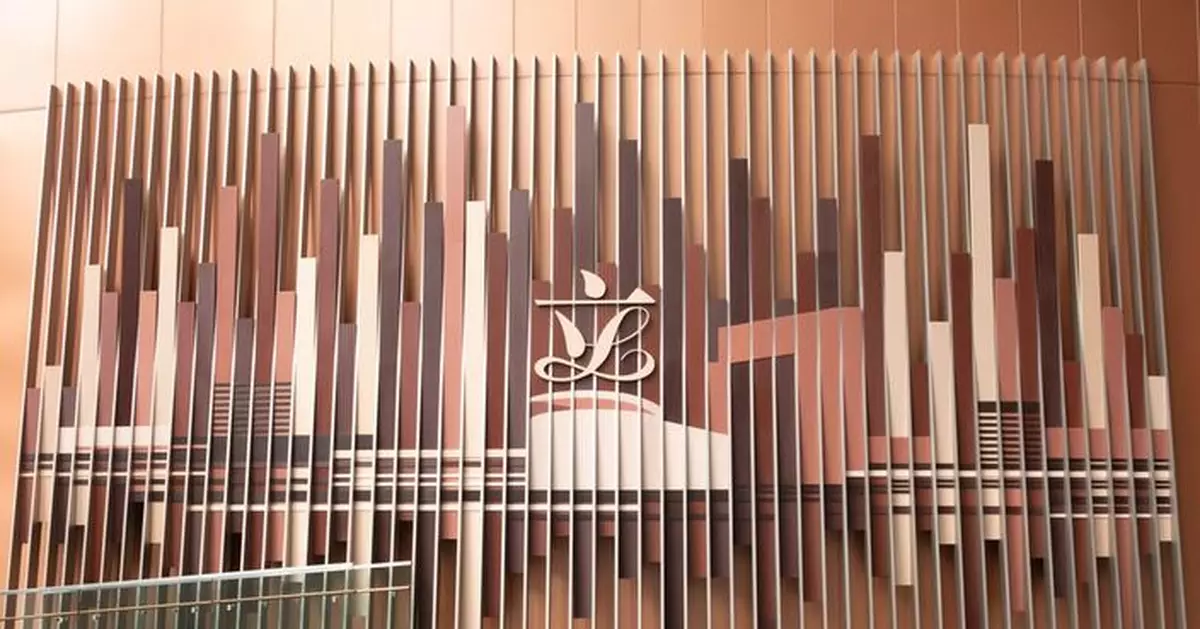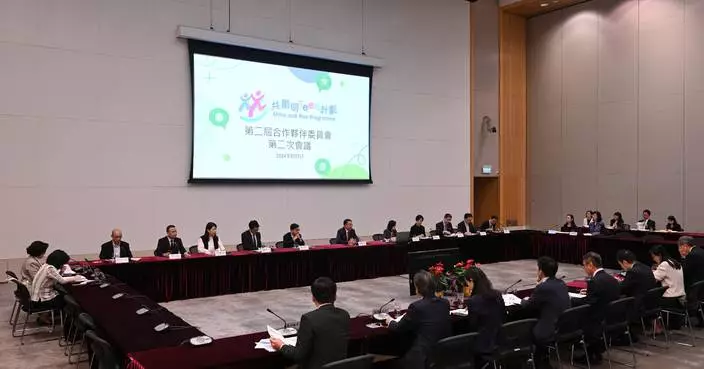Legco to debate funding for 2024: what you need to know
The following is issued on behalf of the Legislative Council Secretariat:
The Legislative Council (LegCo) will hold a meeting on Wednesday (April 24) at 11am and Thursday (April 25) at 9am in the Chamber of the LegCo Complex. During the meeting, the Second Reading debate on the Appropriation Bill 2024 will resume and Members will speak on the Bill.
Members will also ask the Government 22 questions on various policy areas, all of which require written replies.
The agenda of the above meeting can be obtained via the LegCo Website (www.legco.gov.hk). Members of the public can watch or listen to the meeting via the "Webcast" system on the LegCo Website. To observe the proceedings of the meeting at the LegCo Complex, members of the public may call 3919 3399 during office hours to reserve seats.

Source: AI-generated images
Exclusive insights: cs reveals surprising evaluation results of strive and rise programme (photos/video inside!)
The Chief Secretary for Administration, Mr Chan Kwok-ki, together with the Secretary for Labour and Welfare, Mr Chris Sun, and the Head of the Department of Applied Social Sciences and Co-Director of the Policy Research Centre for Innovation and Technology of the Hong Kong Polytechnic University, Professor Eric Chui, today (May 3) held a press conference on the evaluation findings of the Strive and Rise Programme. Following is the transcript of remarks of the press conference:
Reporter: The first question is, would you share with us what are the reasons for the 6.8 per cent students who had not gained any improvements in the eight factors? Have the students, parents and mentors expressed any complaints or concerns during the first round? What are their common concerns and complaints? How did the Government address them? The final question is, how much donation has the Government raised for the second round, as it is expected to cover more students to 4 000?
Professor Eric Chui: The first question is related to why a certain percentage of people are not able to make any changes, right? There is a wide range of matters involved. Number one, we mentioned the level of participation. Maybe that group of students did not participate very well. We got to know that not all the participants would meet their expectations. Usually, for those people who are not able to participate to a very great extent, they may not be able to gain a lot. I think that is part of the reason. Of course, the other reason is that they may not choose the right programme, and that's the reason why they have raised a number of comments.
I think that relates to your second question, which is about what are the comments that have been given. So far, we have heard quite a wide range of comments that are related to two aspects. The first one, of course, is about the delivery of the programme. As we've mentioned before, they mentioned that the programme they disliked the most is probably the programme that is very much lecture-based, rather than very interactive and experiential learning. I think they want to take actions, to volunteer, to serve, and then they reflect on that. I think the first comment is about the delivery of the programme.
The second comment is about the arrangement of the programme. They mentioned that some of the interest classes were offered during the weekdays in the evening, which is not ideal for lower secondary school students, because after school, they have dinner, and then of course they have to rest. That's the reason why they just say that: would it be possible to move it to weekends? Also, some of the comments are about the programmes organised around the exam period, because kids of this group are all concerned about the examinations and their academic results, which is very fair and logical.
I think these are the two major comments that I got from the respondents.
Chief Secretary for Administration: I don't think there is any complaint as you called from a student. Actually, I would better say a very small number of them, less than 1 per cent, dropped out of the programme, because they were too busy in their studies. This is the main reason.
Regarding donations, for the first phase of this programme, we received about $140 million donations from the public. And we are now still receiving donations; up to now, I think we have received about $30 million so far. I think the amount reflects clearly that the public has great support for this programme.
(Please also refer to the Chinese portion of the transcript.)

Transcript of remarks of press conference by CS on evaluation findings of Strive and Rise Programme (with photos/video) Source: HKSAR Government Press Releases

Transcript of remarks of press conference by CS on evaluation findings of Strive and Rise Programme (with photos/video) Source: HKSAR Government Press Releases

Transcript of remarks of press conference by CS on evaluation findings of Strive and Rise Programme (with photos/video) Source: HKSAR Government Press Releases









